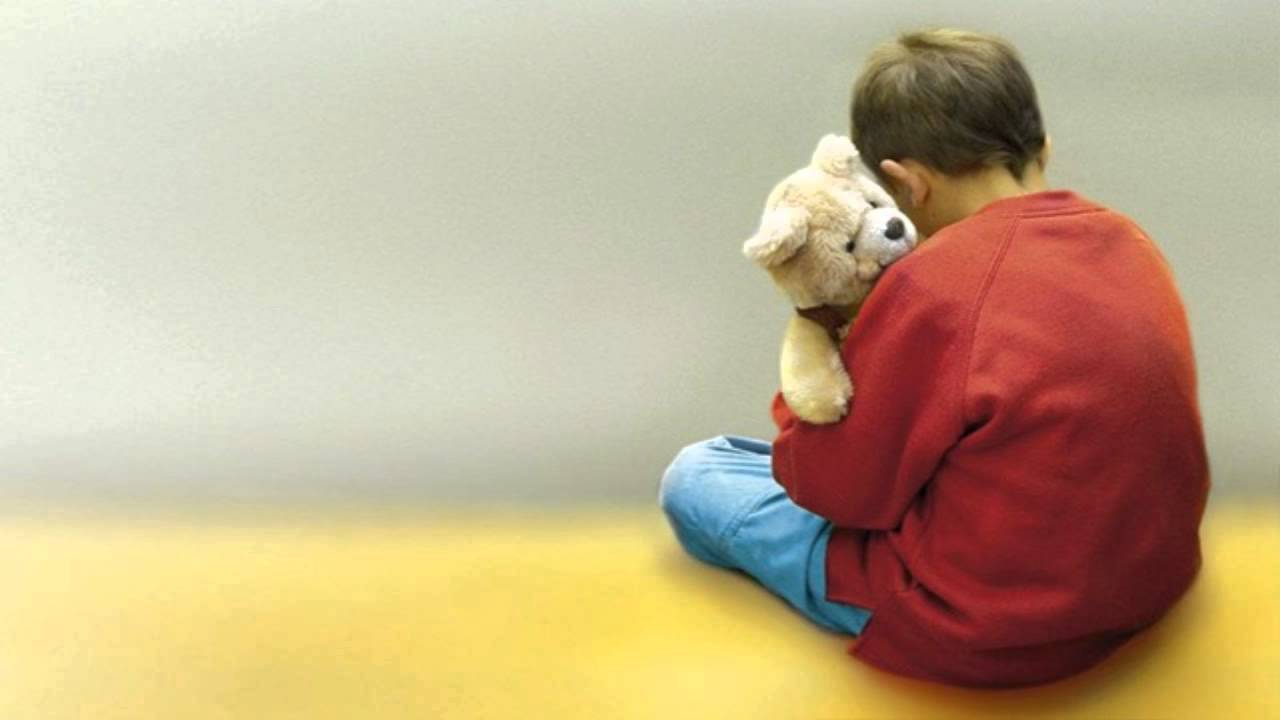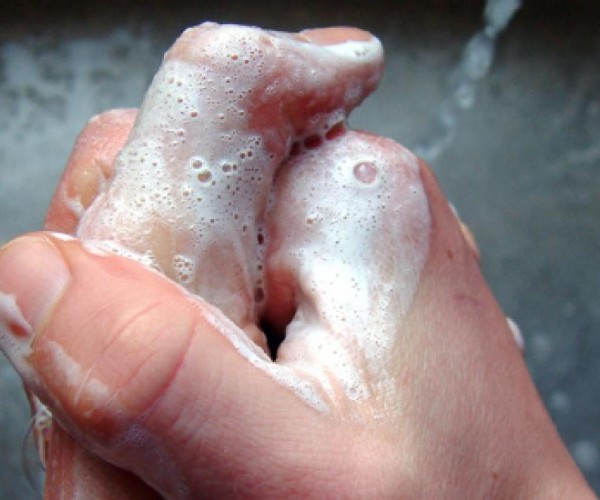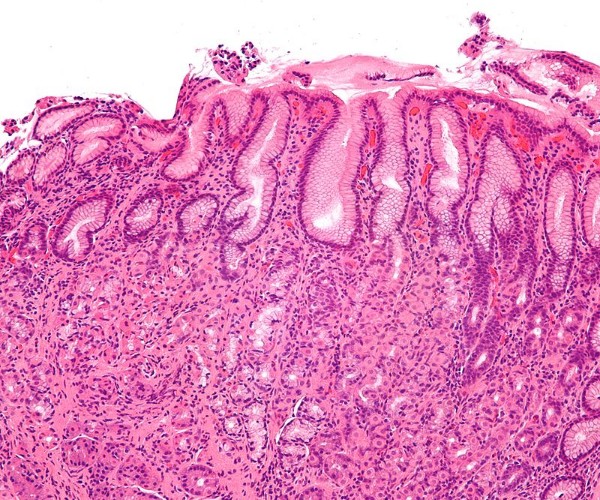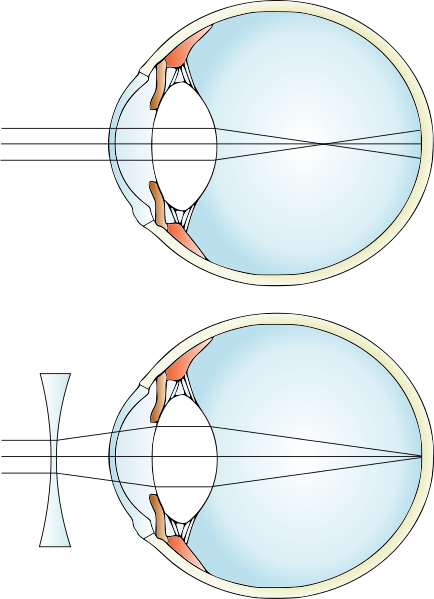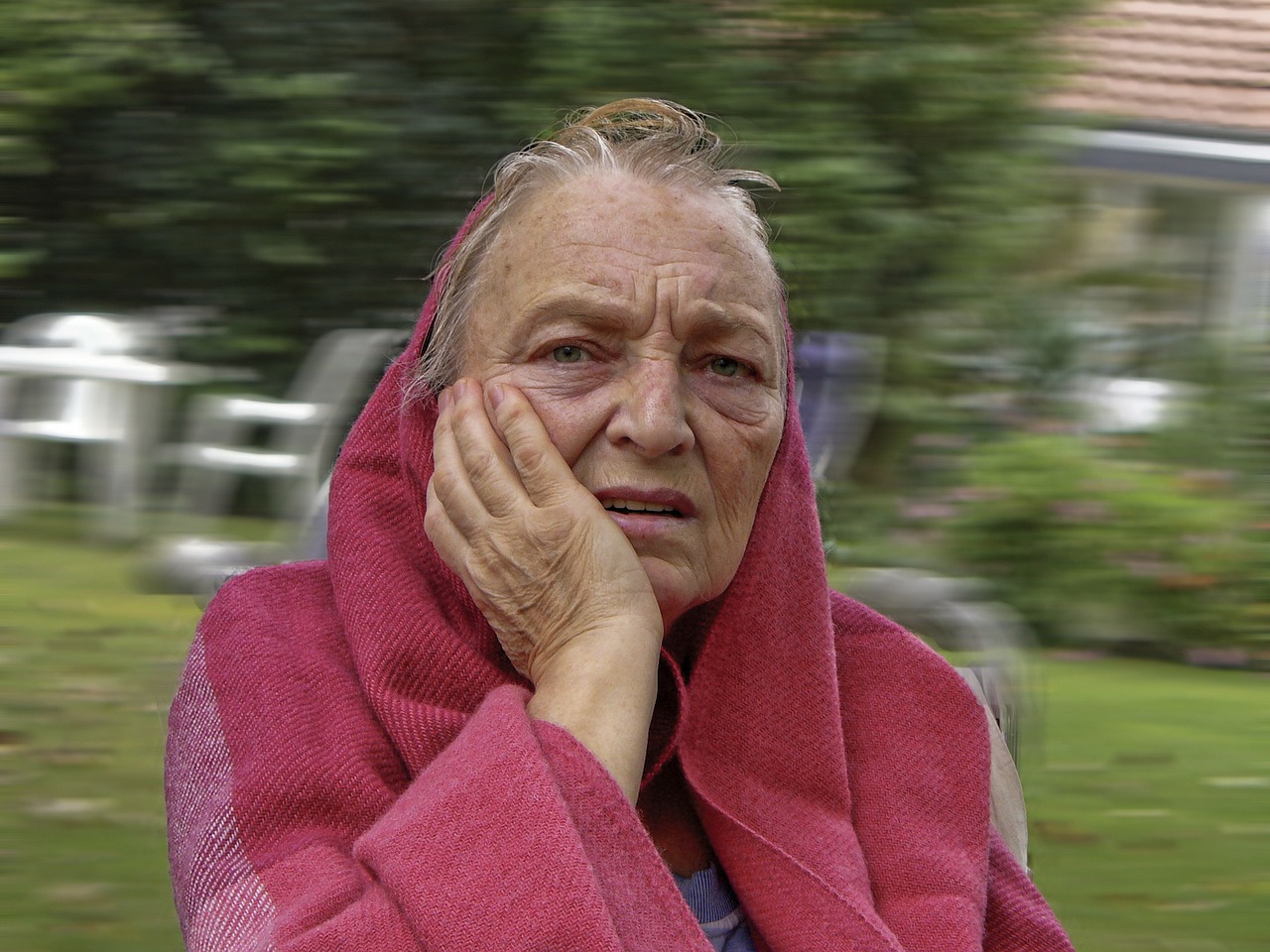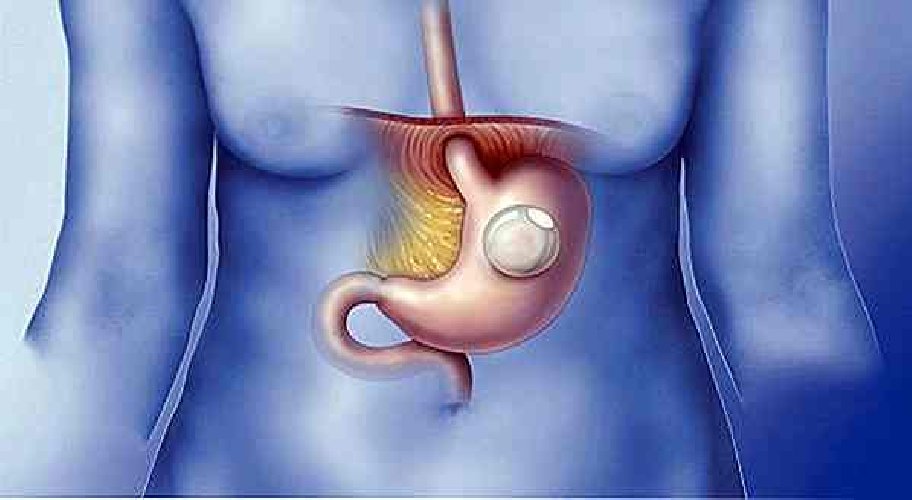Even if most members of the scientific community had no particular doubts about the lack of correlation between vaccines and autism, an important new study has further clarified once again that certain conspiracy theories are based on nothing.
From research conducted in Denmark by the Statens Serum Institut and later published in the ‘Annals of Internal Medicine’ of the American College Physicians it is established that on a significant sample of well 657461 children, no correlation was found between the administration of the MPR vaccine (i.e. Measles-Mumps-Mumps-Rosolia) and the onset of autism.
The children observed, all born between 1999 and 2010 in Denmark, a country with high vaccine participation, were monitored through 2013.
Cross-referencing the data collected with the Danish health registry, thus comparing unvaccinated and vaccinated children to established cases of autism, yielded a total result of 6517.
The researchers thus established that vaccines are not responsible for the occurrence of autism, and added that even in families genetically predisposed to autism, there is no increased risk that vaccinated children will suffer from it.
TheWorld Health Organization considers skepticism against vaccines to be among the top ten threats to health during 2019 and looking ahead to the coming years.
Autism cases have increased only virtually, due to better diagnoses and research , which can show how the disorder can be ‘detected’ early.
Measles for example, (a disease perfectly known in the scientific spectrum and recognizable by anyone) has once again come into the news precisely because of reduced vaccination coverage in so many countries.
Italy ranked among the worst, but after the introduction of the requirement it was at least possible to return to the minimum percentage for herd immunity.
So where did the controversy that would link vaccines and autism originate? From a study published a full 21 years ago in the prestigious journal Lancet , by Andrew Wakefield-author whose research was disavowed by the entire peer-reviewed community (and the journal itself). According to several courts, the researcher had falsified data to give credence to his theory.
The effect of these crackpot theories has been that many families have come to distrust vaccines, so much so that in 2018 there has been a 50 percent increase in measles cases worldwide, and the disease has killed as many as 136,000 people.







